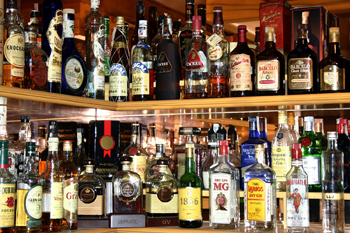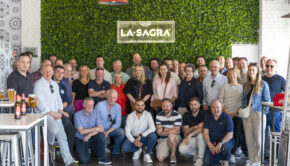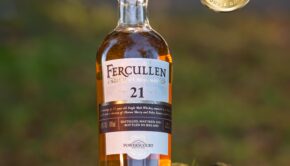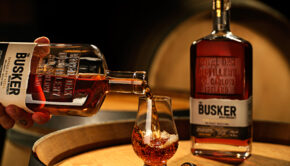2012 another difficult year for spirits here – Euromonitor

2012 was another difficult year in Ireland for the spirits category according to Euromonitor. Continued economic uncertainty, weak consumer confidence and high unemployment all had a significant impact on consumer spend.
4 December 2013
The spirits category recorded modest volume growth of 1% while value sales remained flat at around €1.3 billion.
While Irish producers of spirits such as whiskey and Irish cream for the export market reported good growth as might be expected, those relying on the Irish domestic market found trading conditions difficult.
Average unit price fell by 1% in current terms in 2012. One of the main reasons for this was the continued sale of below-cost alcohol in the retail multiples.
The trend towards the off-trade consumption of spirits has occurred for a number of reasons. Euromonitor reports these as including economic malaise and reduced levels of disposable income.
The two distinctive sociological trends that have impacted directly the home consumption of alcohol involve cocooning and the rise of the “come dine with me” generation.
Cocooning often involves “preloading” on cheap off-trade alcohol.
The “come dine with me” generation refers to a demographic which frequently shuns pubs and restaurants in favour of entertaining in their own homes.
In an effort to attract a younger demographic, Euromonitor reports that many spirits companies are creating new RTD products which are, in turn, cannibalising some of their sales. Examples include Bacardi’s introduction of its RTD Mojito while Smirnoff is now available pre-mixed with cranberry.
The addition of flavoured vodka to manufacturer portfolios has been seen as a move towards attracting a younger demographic to a product deemed to be in a mature phase of its commercial cycle. Diageo’s range of flavoured vodkas has seen particular success in the Irish market and in 2012 the company added another variant to its expanding range – Blueberry.
Other spirits categories that cannot extend their brand lines through new flavours have come up with other innovative ways for drinkers to consume their products. This can be seen particularly in the RTDs category where many spirits brands can now be purchased premixed with a soft drink from an off-trade retailer.
Dark rum
Dark rum was the fastest-growing category in 2012 with total volume growth of 21%. The most prominent brand in this category is Bacardi. Dark rum was one of the few spirits categories which reported an increase in demand in both the off-trade and on-trade during the year.
Irish whiskey
The Irish whiskey category continued to be dominated by indigenous brands. Premium Irish whiskies continued to enjoy demand from discerning affluent consumers. Indeed, some of the leading Irish whiskey distillers reported difficulties in meeting demand for some of their top-end whiskies which require many years to age, reports Euromonitor.
There are still many barriers to entry for Irish micro-distillers. It’s very hard to obtain a licence due to historical reasons including prohibition in the US and trade tariffs which are a legacy from when the Irish State left the Commonwealth, according to Euromonitor.
In terms of large whiskey distillers, Ireland has:
- Pernod Ricard which owns Irish Distillers whose brands include Jameson and Paddy
- Diageo which owns Bushmills
- William Grant & Sons which owns Tullamore Dew
- Beam which acquired Cooley Distillery in 2012.
Spirits preference
There’s evidence of a small group of Irish whiskey drinkers switching to dark rum (the most popular brand in the Irish market is Sailor Jerry, states Euromonitor) when consuming spirits with a mixer.
Men have traditionally been seen as the key consumers of spirits in Ireland but this is changing thanks to increasing female consumption of cocktails during nights out.
Premium products continue to be held in high esteem by regular spirits consumers. Research has shown that despite the trend towards off-trade consumption, consumers are willing to pay a premium in this channel to negate the sacrifice made by drinking at home.
Diageo Ireland and Irish Distillers continue to dominate spirits with a 62% total volume share between them.



 Print
Print






Fans 0
Followers